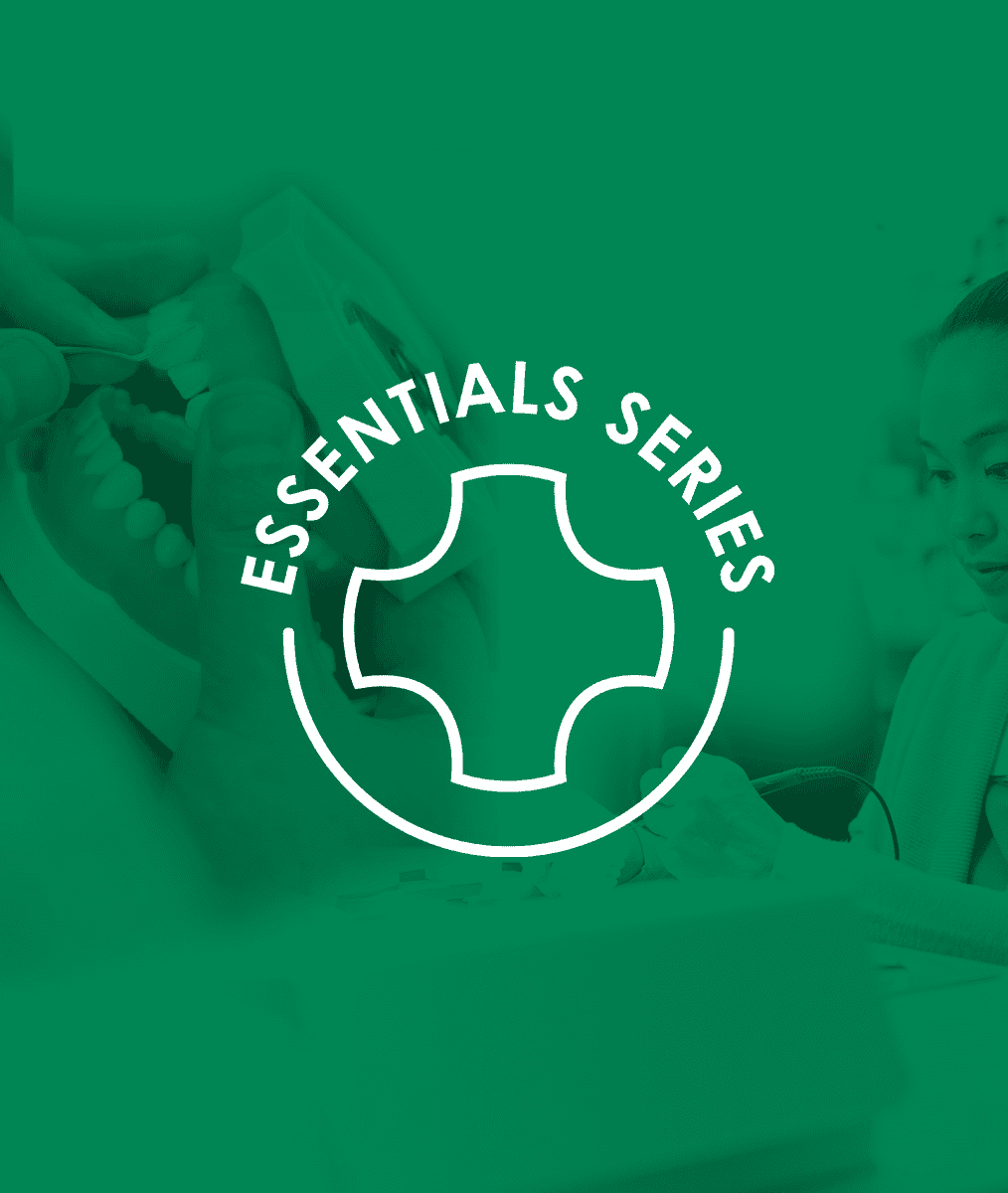The Obstacle Is the Way
Many years ago, when I was first trying to create a successful dental practice, I fell in love with the word “production.” I believed that production was the key to success, so I read everything I could to become more productive.
I took courses.
In the early years, there were so many courses that centered around how to efficiently double and triple book, how to bring in more “warm bodies,” how to sell more dentistry, and how to utilize more staff to get more done. I never felt like these strategies were the answer to my production issues. I barely became more efficient, and I never became more effective as I just ran myself down.
In my books, I have written about my issues with stress, which I believe eventually initiated adult-onset diabetes. Through it all, I continued my quest to be productive. In those years I truly learned to become more effective rather than more efficient. Reading Stephen Covey’s First Things First was extremely helpful to prioritize my work and life. But I found that was only part of the solution. The real problem for me was not managing my time. It was managing my energy.
Diabetes became my blessing and my curse.
In my quest to control high blood sugar and the fatigue that comes with it, I found more energy. I found more mental and emotional clarity as well. A fog was lifted. My diabetes forced me to eat better and to exercise.
I remember listening to some of Anthony Robbin’s tapes in which he tells the story of living in a small apartment in southern California, being extremely overweight and feeling like a loser. The first thing he did was to exercise. I did too. Slowly at first, I began to run. I built up my time and distance. Now, twenty-five years later, my routine includes six hours per week in the gym, running and lifting and six hours per week doing hot Yoga. The results have been nothing short of amazing. My diabetes is under control, I lost weight, I multiplied my energy level and mental clarity went way beyond what I expected.
My moods improved, I enjoyed my work more, patient behaviors didn’t get to me as much, my work improved, I learned new techniques and took more continuing education, and most importantly, I had the energy to have a life outside of work.
Related Course
Pankey Scholar 15B
DATE: September 4 2025 @ 6:00 pm - September 6 2025 @ 3:00 pmLocation: The Pankey Institute
CE HOURS: 0
Dentist Tuition: $ 3495
Single Occupancy with Ensuite Private Bath (per night): $ 345
“A Pankey Scholar is one who has demonstrated a commitment to apply the principles, practices and philosophy they learned through their journey at The Pankey Institute.” At its core,…
Learn More>












